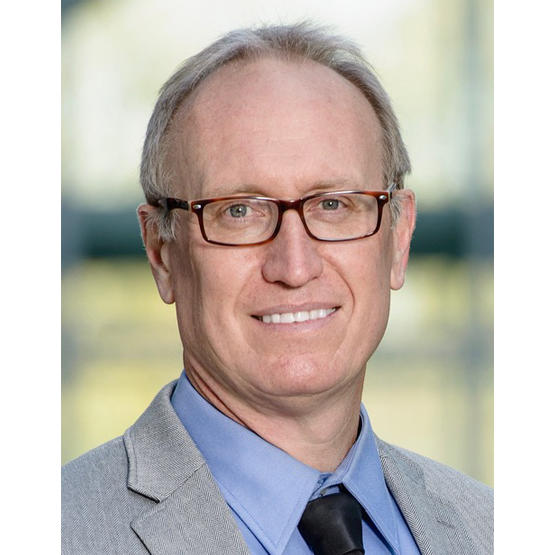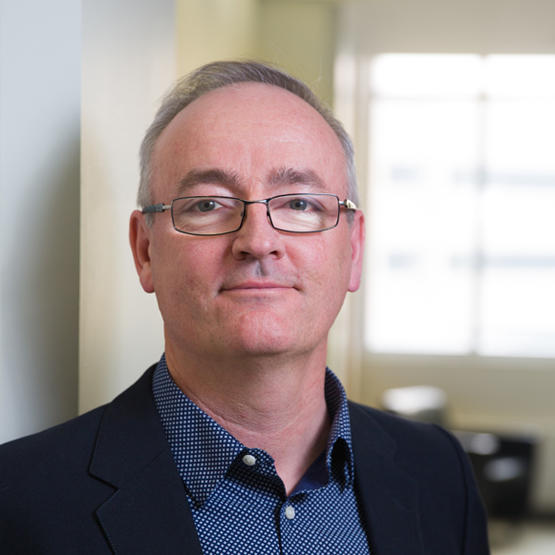
Themes & Teams
Our team moulds world-class expertise in developing and applying new brain technologies with a shared passion for training the next generation of scientists and engineers. We have a particular strength in post graduate education, with multiple team members being former or current Graduate Program Directors and Coordinators (Falkenberg, McFarlane, Protzner, Poulin and Wilson) and recognized leaders of education within the HBI (Gordon, McFarlane, Wilson) and international health (Poulin – Guenter Award for International Health, 2017). Our success in training is reflected by the excellent track record of past contributions to the training of HQP. We have been involved in the direct supervision of over 346 trainees, including 9 high school students, 156 undergraduates (UG), 46 masters (MA, MSc, MBA), 60 PhD students, 48 Postdoctoral Fellows, and 27 research associates and technicians. Many of our trainees have secured major prestigious and competitive National and Provincial prizes and awards, most publish one or more first author publications in highly reputable scientific journals, and present their data at National and International conferences. Trainees have gone on to Canadian and international companies such as Acelity, NeuroRx, Rogue Research, Zephyr, Zimmer, Yahoo, Philips Medical Systems and Medtronic. Others career paths our HQP take include medical imaging, optometry, pharma, medicine, technical writing (PBOK Consulting), communications, and R&D Officers. Further, forty-one of our former trainees have secured faculty positions in top universities in Canada and around the world, many obtaining RO-1, CRCs and other prestigious awards.

Co-Director Marc Poulin
(Prof. Physiology), holds an Endowed Chair at UofC. He is an internationally recognized leader in cerebrovascular regulation, sleep, high altitude physiology, and processing of biological signals. Since the Poulin Lab uses transcranial Doppler ultrasound and NIRS, there will be opportunities for trainees to gain experience in physiological diagnostics such as brain computer interface, sports medicine, remote monitoring devices, functional neuroimaging, in addition to practica with industrial partners (e.g., Polar Electro Oy and ALMA). Dr. Poulin has trained 18 PDF and 25 graduate students (GS), 10 of whom now hold faculty positions at top universities in Canada (6) and abroad (France, Australia, Japan). Poulin has published over 117 papers, >4800 citations and has an H-factor of 37.

Co-Director Richard Wilson
(Prof. Physiology) Neuroscience Graduate Program (NGP) director for 6 years and the Cumming School of Medicine’s 2018 nominee for the McCaig-Killam Teaching Award, is an international leader in cardiorespiratory control. Trainees will join his efforts to develops unique techniques to discover new neuronal cardiorespiratory control mechanisms, interventions and diagnostics as illustrated by >80 publications and two recent patent applications (one for abating acute asthma attacks by targeting a novel neural pathway and another for a new method of non-invasively assessing cardiorespiratory/autonomic activity using OCT). Dr. Wilson has trained 9 PDF, 11 GS and 42 UG. 7 former HQP, including 5 females, have obtained faculty positions (Canada-3, Australia, France, Ireland, USA). Dr. Day was Dr. Wilson’s 1st GS; he holds an NSERC DG and will be a BRAIN CREATE collaborator.


Co-Lead Sarah McFarlane
(Prof. Cell Biology) and Education Director at the HBI (>500 GS and PDF), is an expert on the visual system. Dr. McFarlane designed, initiated and directs the REALISE program (founded in 2012; hbi.ucalgary.ca/our-education/REALISE) which BRAIN CREATE will draw on and enhance, extending it across campus and wider disciplines, and offering it to industrial partners. She has trained 47 HQP. 5 female HQP have obtained faculty positions at universities (Canada-4, USA). McFarlane’s role is key to BRAIN CREATE’s professional skill development strategy.

Co-Lead Loren Falkenberg
(Senior Assoc. Dean; Graduate and Professional Programs, Haskayne School of Business), has published in top business and management journals on cognitive fatigue and its impact on work performance. Loren has worked with different energy companies on corporate social responsibility reporting. She teaches executive decision making and other professional skills and will be a key driver of BRAIN CREATE’s commercialization and innovation strategy.

Lead Andrea Protzner
(Assoc. Prof. Psychology), uses electroencephalography (EEG) to non-invasively examine the mechanisms of brain plasticity. This technology is particularly suited for studies in the field. Protzner holds an NSERC DG, has trained 22 HQP and published >27 papers. All HQP who have graduated from her laboratory hold positions in industry (e.g., Technical Writer-PBOK Consulting, Centre for Pipeline Knowledge & Engineering Communication; R&D Officer, UBC).

Co-Lead Signe Bray
(Assist. Prof. Radiology), uses NIRS and functional MRI to study learning and cognition, with a focus on understanding how the brain acquires and understands knowledge and how these systems are affected by neurodevelopmental disorders. Trainees will develop these methods and apply them to real world problems. She holds an NSERC DG and has trained 9 HQP who have secured external funding (NSERC, CIHR, AIHS) and have gone on to careers in IT and medicine. Dr. Bray has published 23 papers since arriving in Calgary.

Co-Lead Catherine Lebel
(Assist. Prof. Radiology), is an expert in Medical Biophysics and Biomed Engineering. Her research uses the latest developments in brain imaging; trainees will study how brain structure and function change with age, and how they are related to cognitive, behavioral and environmental factors. Dr. Lebel has published 43 papers and already amassed >4000 citations.

Co-Lead Bruce Pike
(Prof. Radiology), has >320 publications, >25,000 citations and an h-index=80. Dr. Pike is an internationally recognized leader in human brain imaging and is developing focused ultrasound technologies allowing non-invasive surgery and/or manipulation of brain function. There is an acute need for expertise in this area both in academia and biotech companies. Pike has held continuous NSERC funding and trained 70 HQP, 15 of whom are now faculty at top universities in Canada and abroad.

Co-Lead Grant Gordon
(Assist. Prof. Physiology), investigates delivery of oxygen and glucose to the brain using advanced optical imaging techniques. He holds a CRC (Tier 2) in the cellular mechanisms of brain blood flow control and a CIHR Foundation grant, has 23 papers in high impact journals (i.e., Nature, Nat. Neurosci., Neuron) and trained 12 HQP. Dr. Gordon’s 1st PDF now holds a research-intensive faculty position (USA). Trainees will seek new ways to regulate/monitor neurovascular coupling.

Co-Lead Richard Wilson

Lead Aaron Phillips
(Assist. Prof. Physiology), investigates autonomic regulation of the vascular system. He has been active in software development, computational biology and implantable brain-machine interfaces. Dr. Phillips has
published 59 papers and trained 10 HQP. He works closely with industrial partners (i.e., GTX, Medtronic), holds an NSERC DG and has a grant to use AI for data analysis, and has 3 provisional patents which includes neurostimulation technologies.

Lead Usman Alim
(Assoc. Prof. Computer Science), investigates the management, processing, analysis and visualization of spatial data arising in a variety of scientific domains (i.e., medical imaging, computational fluid dynamics). Since he is an expert in Big Data, trainees will have the added benefit of specializing in efficient data representations for large scale scientific computing and visualization problems. He holds an NSERC DG and collaborates with academia and industry partners. Dr. Alim has trained 20 HQP including NSERC CGS-M/PGS-D recipients.

Co-Lead Marc Poulin


